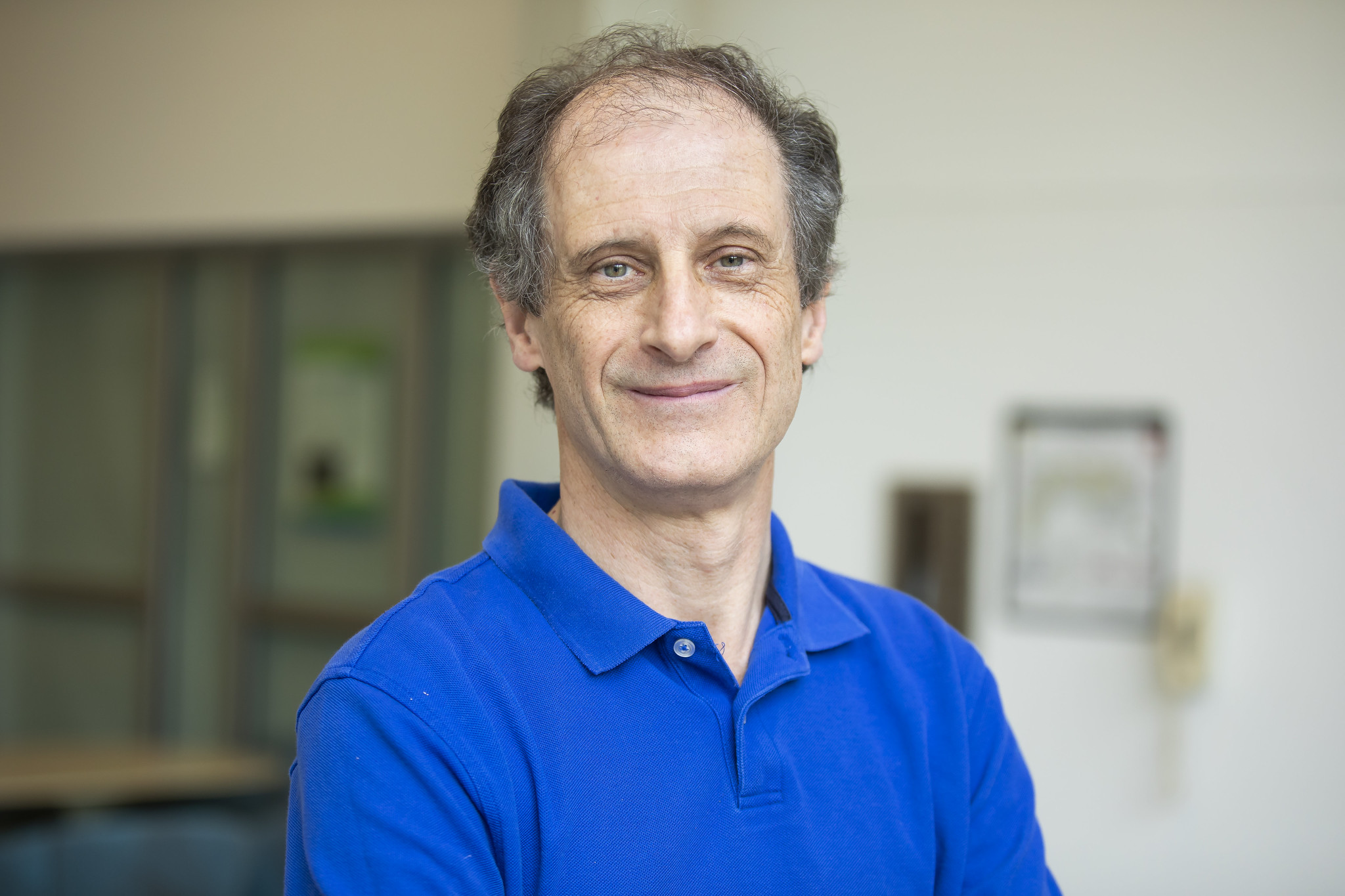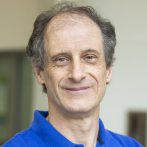
In April 2009, ME Professor Michael Thouless was elected chair of the Senate Advisory Committee on University Affairs (SACUA). By virtue of the position, Thouless also serves as chair of the University Senate and the Senate Assembly. His position is a 50 percent appointment for one year, paid from the provost’s office.
SACUA acts as the executive arm of the University Senate, and the Senate Assembly is the body’s legislative arm. Faculty from all three University of Michigan campuses—Ann Arbor, Flint, and Dearborn—comprise the University Senate. Together, these three bodies constitute the University of Michigan’s system of faculty governance, an aspect of the University which Thouless considers essential to a successful institution. “Faculty has an important role,” he said. “Universities should not be run top-down, like a corporation.”
All matters that do not affect only one unit, such as degree requirements, fall under the jurisdiction of the Senate Assembly. Examples of cross-unit issues include university grievance procedures and faculty health benefits. Also, various committees exist within the assembly to advise the university’s vice presidents in their particular areas.
Thouless was elected to SACUA after serving three years on the Senate Assembly. He was then elected by SACUA to a one-year term as vice-chair, before being elected chair by SACUA. He describes SACUA as “the point of contact between faculty and the president, provost and Board of Regents.” The group’s major role is to advise and consult on behalf of the faculty in a variety of matters concerning university policy and to implement the actions of the University Senate and the Senate Assembly. SACUA’s nine members are each elected to three-year terms.
The chair of SACUA is “the official voice of the faculty,” according to Thouless. “The chair is often asked to speak on how the faculty feels about X,” he said. “It’s a very visible position.” Thouless hopes that by balancing the role of an active faculty member with being active in faculty governance, he will encourage more of his colleagues to realize the importance of participation in faculty governance. He also believes that getting to understand how the university functions can be quite interesting. “There are relatively few people in [the College of] Engineering who know the regents, and who know how the university works at the central level” he said.
Since finding good people to chair committees often requires personal contacts, there are a number of mechanical engineers serving as chairs of committees in the Senate Assembly this year, such as ME Professor Wei Lu, chair of the Financial Affairs Advisory Committee, ME Professor Bill Schultz, chair of the Research Policies Committee, and ME Professor Jim Barber, chair of the Tenure Committee.
Thouless describes the university in its present state as fairly decentralized, but there is a growing trend toward centralization. “As the university becomes more centralized in response to budget pressures, central faculty governance becomes more important,” he said. “Faculty need to be involved in discussions, especially now in times of economic difficulty.” In his newly appointed position as chair of SACUA, Thouless hopes to facilitate increased involvement at the faculty level.
